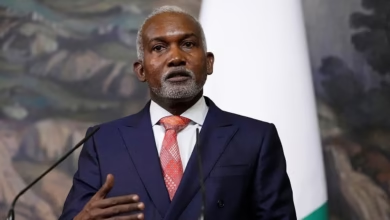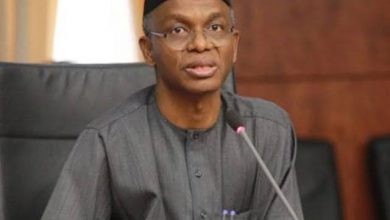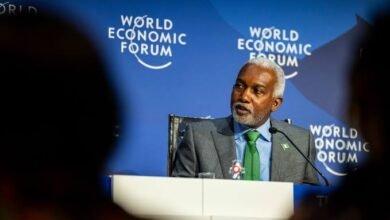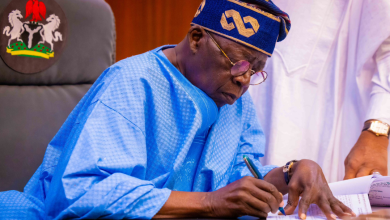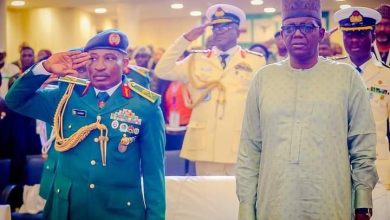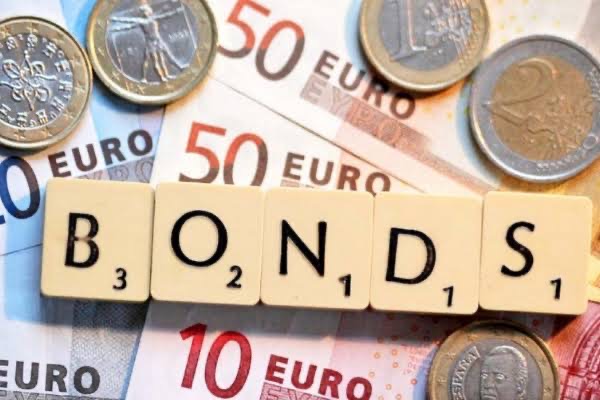
It has been established that government and governance, is a continuous enterprise in the life of any country. Nigeria is not an exception to this practice. Indeed it is work in progress that is ideally and morally transferable from an out going to an in coming administration, regardless of political party differences.
However, the administration of President Buhari since assuming leadership of the country in 2015 had deliberately embarked on a policy of completing infrastructural development projects undertaken but abandoned by previous governments, so long those projects have direct relevance to the socio-economic well-being of Nigeria and Nigerians.
The slogan “doing more with less” aptly describes how the PMB administration has so far been able to do much for the country with less money in it’s vault in comparison to previous governments, brought about by low oil price, economic recession and Covid 19 challenges, among others.
Such projects include but not limited to Roads, Railway, Power, Steel, Airports and bridges to name but a few. Notable among them include Abuja-Kaduna-Kano expressway, Lagos-Ibadan, Eastern expressways, Abuja-Kaduna rail line, Lagos-Ibadan-Kano rail line; Sapele-Aladja-Abuja rail line; Mambila hydro electric project, Kashimbila power project; Ajaokuta steel rolling mill; Lagos, Abuja, Port Harcourt, Enugu, Kano Airports; and the 2nd Niger Bridge at Onistha among hundreds of other projects in the educational, agricultural, water resources, security services and health services spread across all parts of the country.
President Buhari’s large heart driven by nationalism, patriotism and sincere love for Nigeria has not stopped at completing abandoned projects but also embarked on a conscious effort to reduce the debt burden hanging the country’s neck by paying off inherited debts.
Just recently, the government of President Buhari repaid the $500m Eurobond loan of 6.7% and cleared part of our debts. The President had also paid $96m as part of the $500m loan taken in 2012 for Abuja–Kaduna Railway which the President Jonathan Good luck administration started and handed over to PMB in 2015 as one of the country’s key infrastructural projects.
The $500m Eurobond loan was taken in 2011. It is on record and legally in order and government had the option of a roll over but PMB insisted on not doing so but pay off the debt. Compared to our economic circumstances since 2015, the country had no need collecting $500m Eurobond loan in 2011.
Simply put, our crude oil benchmark Brent averaged $111 per barrel and production was above 2.3 million barrels a day in 2011. The economy was literily awash with petro-dollar. Regrettably, the government then approached the international capital market, (ICM) because of a need to diversify government revenue sources. The government at the time argued that the aim of the 10-year bond was to set a benchmark in the global market for Nigeria rather than to raise funds.
The question to my mind is what particular funding purposes did that first $500m Eurobond serve? Definitely not for capital spending. That PMB determinedly paid down the debt, to time, at maturity, at a time of challenged foreign exchange earnings, is from all indications a mark of honour and establishing Nigeria as a responsible credit worthy entity.
Obviously this has multiple implications for the Nigerian economy, inclusive of players in the private sector that had at different times also approached the ICM for fund raising.
Our National Assembly must do the needful by legislating on making it compulsory for the Executive arm of government to ensure continuity of projects by governments. This will go a long way in reducing the number of abandoned projects littering our towns, cities and villages.

